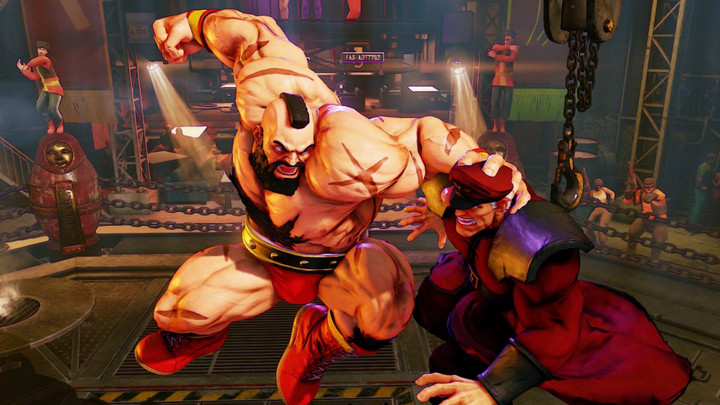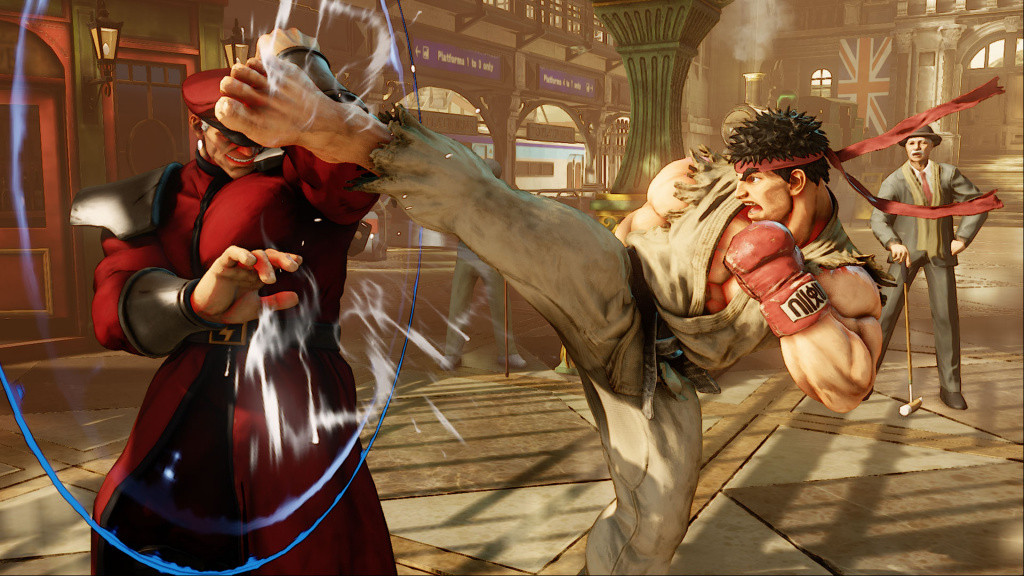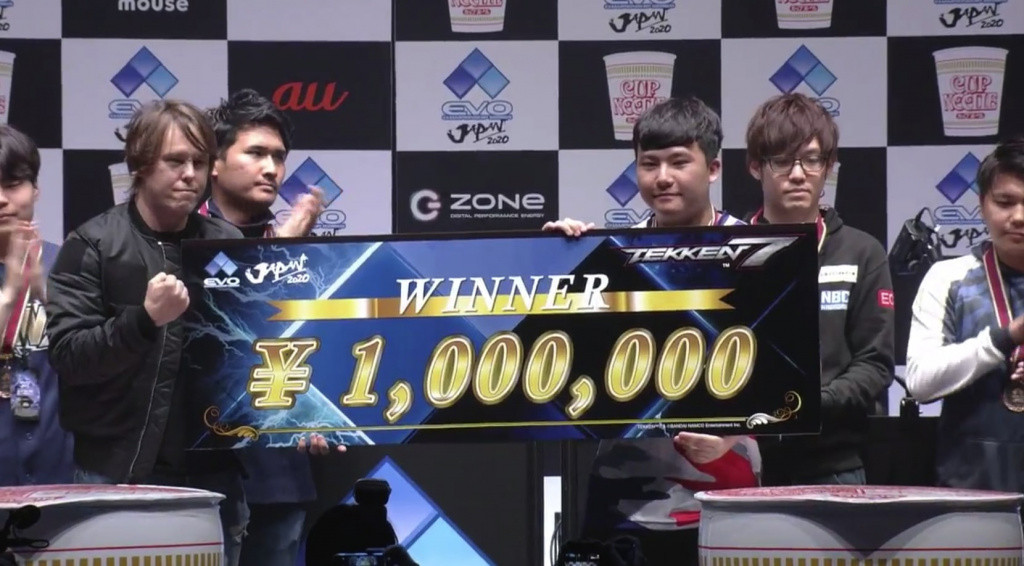Esports over the years has become the new wave of sports and entertainment, with titles like Dota 2, League of Legends, Overwatch, Fortnite, Hearthstone and many more attracting huge viewer numbers.
Most of these titles are backed by several corporate sponsorship and companies who have invested in their success. Some corporations have even invested in esport leagues, yet the fighting game community (FGC) has not really had their fair share of support through investors or corporate sponsorship.
Even though coverage for the FGC has grown substantially through streaming services like Twitch and televised events like the Street Fighter League on ESPN, the FGC still hasn’t received the same support as titles mentioned above.
So is the FGC fully embraced by esports? The average viewer may say of course, but as a FGC competitive player, behind closed doors it feels like it’s the pawn on the chess board. We might be on the playing field, but it’s not necessarily seen as a piece with long-term value.
Fully accepting the FGC into esports comes with numerous benefits, but with great benefits comes great responsibility. The FGC would need to be ‘nerfed’ or reconstructed in some ways to grab the attention and support required for longevity. Here’s what needs to happen to ensure a healthy future for the FGC.
Heighten prize pools
Street Fighter has small prize pools compared to the likes of Dota (Picture: Capcom)
Fully embracing esports could mean a bigger payout for players. For example, iDom who won the Capcom Cup 2019 took home $250,000 for first place as an individual. Team OG in contrast won first place in The International 2019 and pocketed $15,620,181. Divide that amongst the roster and it’s still far more substantial.
If you look at the earnings and payouts on the most popular esport titles you’ll notice the FGC games are towards the bottom of the barrel. If the FGC acquires larger sponsorships through developer support, that can assist with increased prize pools.
Managing toxicity
The term “toxic” is often presented in discussions about the FGC through social platforms like Twitter and Discord.
Which fighting game has the most toxic community? The FGC can be a dog-eat-dog community due to its competitive nature of being the best of the best. As the nature of the beast, it can also be intimidating and potentially prevent growth in the FGC – even possibly reducing player participation.
Rules, regulations and behaviour play a strong factor when it pertains to players contracts with esports teams and leagues – applying those same expectations would help manage the toxicity currently in these fighting titles associated with the FGC.
The local scene
An often overlooked issue within the FGC is the local scene. Due to the decline of arcades in the modern age, the local scene is arguably not as strong as it once was.
Esports arenas are becoming more common across the planet, while areas which once housed arcade cabinets are filled with gaming PCs and consoles. Establishments like Ignite in Chicago are one of the few attempting to rebuild the local scene.
The FGC would really benefit from more of these establishments to expand the local scene and potentially generate interest long term.
Viewership
Book wins in the Tekken finals at EVO Japan 2020 (Picture: Twitch)
Recently at EVO Japan 2020, Twitch viewers peaked around 246,453 (via escharts) amongst the six most popular fighting games combined.
In 2018, the North American League Championship series (LCS) for League of Legends alone the twitch viewers peaked at 7,286,966. While it may be difficult to achieve those lofty heights, the FGC could easily double their viewership with larger sponsorships supporting current and upcoming fighting titles.
Flexible system mechanics
In the realm of esports from a fighting game standpoint, there has to be significant changes to strive for longevity.
Most of the dominating esports titles are team-based. Viewers, in my opinion, tend to favour teams over actual individual players. The FGC acquiring a solely team-based mechanic fighting game would not only be a game-changer but could revolutionise how viewers percieve fighting games in the future.
Street Fighter X Tekken, for example, provided excellent ways in creating a team-based fighter. Online you could team up with one of your friends or someone random, while you could also train online with your partner to build teamwork and become familiar with each other’s strengths and weaknesses.
Street Fighter X Tekken was considered a flop in the eyes of many FGC players, but that mechanic is often overlooked and should be resurrected in future fighting titles.
A fighting game needs to be created which has a stronger consideration for esports, as developer support is critical in many ways from prize pools to ensuring the game remains balanced and competitive to play – breaking the so-called ‘Top Tier’ character rankings.
In October 2019, Riot Games announced they were working on a new fighting game based within the League Of Legends universe – could this break the trend and become established in wider esports communities? With their huge financial backing, it's easily the best chance the scene has.
Overall, the FGC seems to have plateaued and needs significant upgrades to ensure its future as a long-term esport like Dota 2 and League of Legends.
With just a few changes to address the lack of developer support and sponsorships, the FGC could easily attract the same attention as any top tier esport.

 No ads, our video library,
No ads, our video library,



